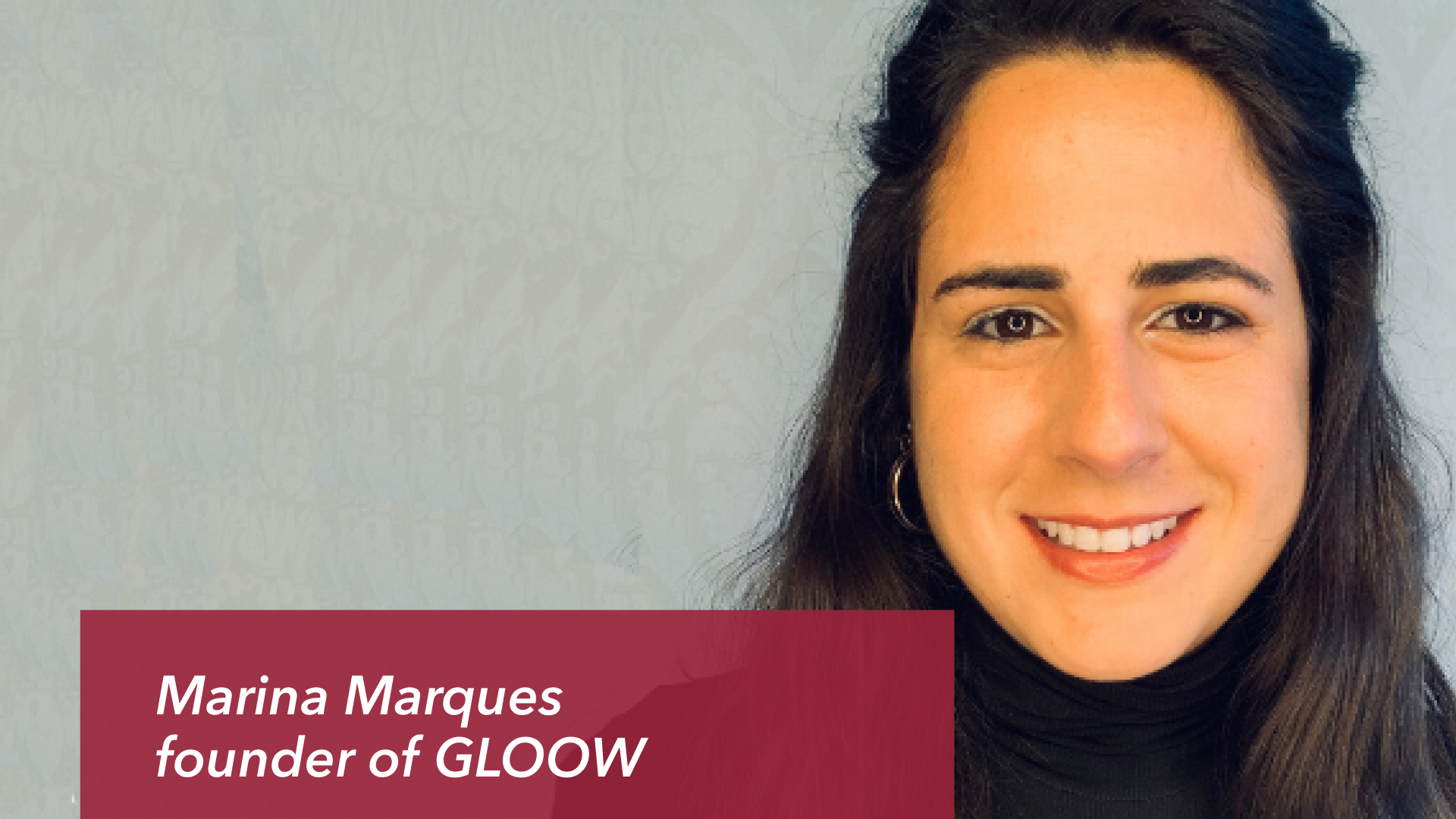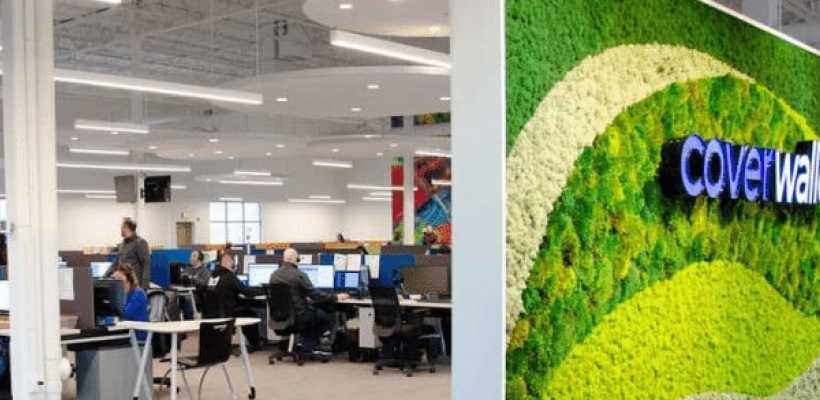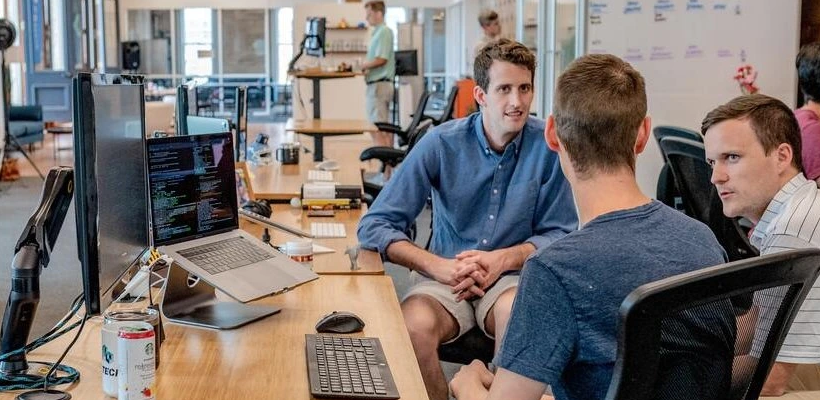The working logic has changed a lot during the last 10 years. Whether due to external or internal pressures, we have begun to see topics, such as diversity, in discussions with companies. As well as committees to promote diversity in its many forms: racial and gender equality, and the rights of the LGBTQ + population.
However, COVID-19 came to add more elements to this mix. Is it possible to guarantee equal opportunities when we are working from different homes? How will the “new normal” change (and is already changing) our work environment?
To answer this and other questions, we interviewed Marina Marques, founder of GLOOW. Marina is specialized in branding, she lives and works in Stockholm with companies from all around the globe. Today she helps companies to incorporate diversity into their workplaces, and advises professionals to improve their personal branding.

Before delving into the topic of this interview, we would like you to explain a little more about GLOOW.
What is the mission of the company, some of its history and how does it differ in today’s digital world?
M: Today, on the internet we have access to all news and content, but I don’t see people taking a position or having critical views on the issues. The core is to bring smart conversations and interesting opinions together to debate hot topics of today’s world. Narratives where diversity, gender equality and sustainability are essential. It’s time to use our voices to make a positive impact, to grow and glow together, therefore collaboration has become essential in this age of disruption.
GLOOW is a platform which aims for real connections and big conversations. We are a company based in Stockholm, but our work and impact are borderless. GLOOW emerged from the idea of creating a new kind of platform, aiming to redefine the new reality of the hyper-connected world we live in. More than a revolution, we are living an evolution. Let’s #GLOOW together.
What are the first steps a company should take to promote a more equal work environment?
M: The first step is to acknowledge the issue in your company, to look inside before externalizing. Once a company decides to take real actions towards diversity, there’s no turning back, it will need to make sure the next steps are taken with full responsibility. Therefore, the company’s internal policy will also need to adjust/change some of its policies to this new reality that they are building. To create a diverse environment, the organization needs to make sure that people who are writing the measures to change are also a diversified group, where everyone is a contributor, has a voice and takes self-interest off their agenda.
What should be the role of HR and managers in this transition process?
M: To ensure a smooth transition towards major changes, it’s essential the human resources department promotes new policies. The problem is that most companies have been using the same approach forever, which does not connect to the world today or speak effectively to their employees. Managers can be the right sources to work together with HR to create actions and training focused on diversity, which are coherent to interpret, easy to adapt, and adopt. Consequently, they need to build strong internal communication that values transparency, by building a safe space for everyone to feel free to be nothing but themselves, without fear of expressing themselves.
Among the many changes that we are experiencing, we must also highlight the incorporation of remote work in our daily lives.
How can this change the logic of your relations within the workplace?
M: Home office was everyone’s dream world before the Covid19 pandemic, but studies around the world show that the scenario has changed. The confinement made us appreciate the real-world connection and the office environment more.
I don’t believe in a company being 100% remote. As Peter Drucker says: “Culture eats strategy for breakfast”, that is, a company is not only based on results but also on culture, meaning, people, and eye contact. Although, I believe that we will see major changes, such as smaller buildings to reduce costs, staff turnover, less travel, meaningful meetings, and facilitating the option of working from home at least once a week.
Remote work also affects our personal branding. How can we take advantage of online tools to develop it?
M: The personal brand has become more essential than ever, people understood that they are more than the place where they work, so to be seen in this new reality, you need to stand out, have a voice, make an impact and show your differences and put into practice what makes it unique, so show yourself!
To highlight its differentials in the market is a construction of factors, we must remember that authenticity and humanism are two trends of the new normal. People look for REAL connections in which they can relate, motivating personal growth

